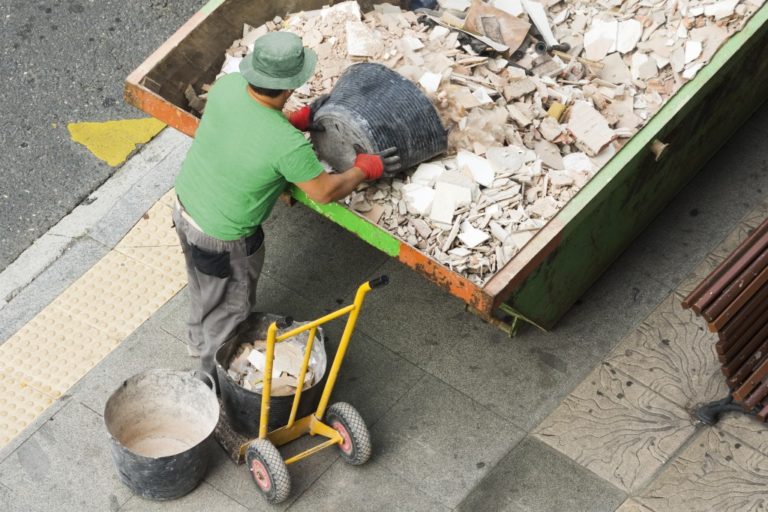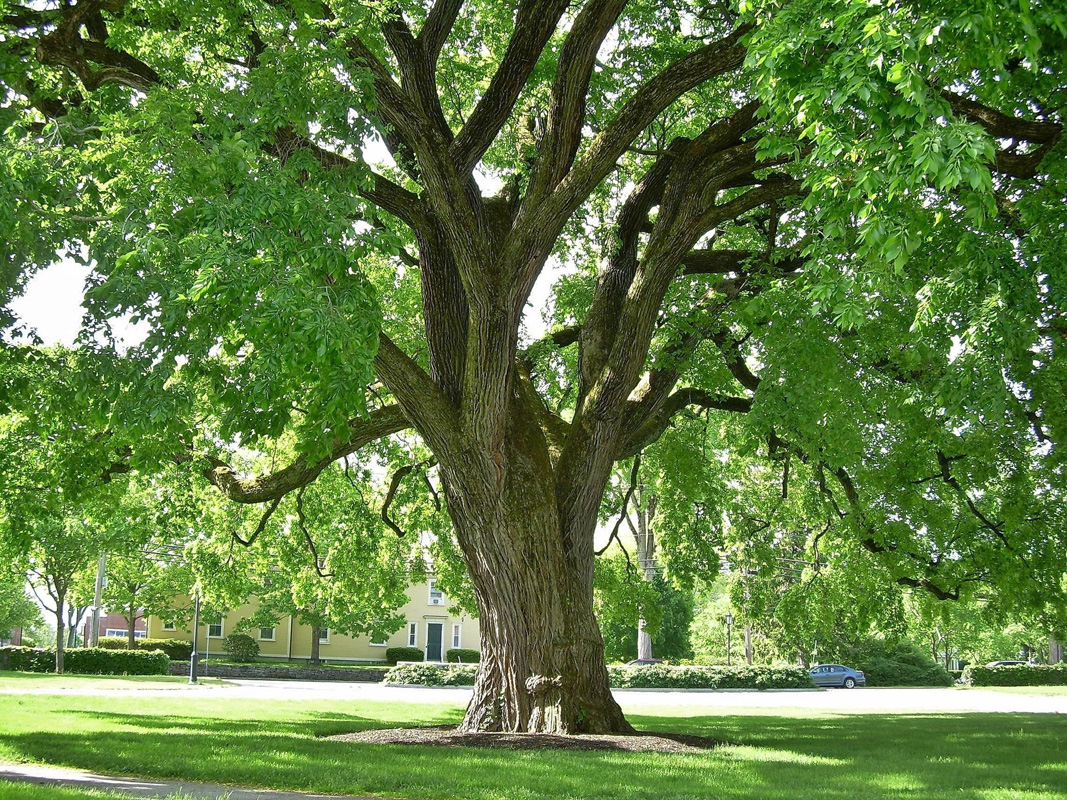Throughout the world, people practice segregating waste in their everyday lives, with schools, offices, and public areas having different waste bins for different materials such as paper, plastic, glass, and biodegradable materials.
This allows garbage collectors to know which materials to bring to a recycling plant and also helps prevent non-biodegradables such as plastic and paper from contaminating and polluting the soil, air, and seas. However, the practice of waste segregation should not be limited to individual habits.
Companies and businesses also benefit greatly from waste segregation — especially construction companies that deal with large amounts of waste. In places such as Salt Lake City, known for its outdoor landscape, using different dumpsters for different kinds of waste is therefore of paramount importance.
Here are some ways waste segregation can benefit both construction companies and society as a whole.
Improve Profits
Construction companies send millions of tons of waste to landfills in the United States each year. As it costs more to send waste to a landfill than to recycle, waste segregation allows up to 60% of cost savings compared with simply lumping all waste together and dumping it in a landfill.
Some materials can even be used to generate additional profit; for example, scrap metal can be resold. Waste segregation also encourages you to keep track of the materials that you use and their volume.
If a material generates so much waste, it could be wise to order less of this material, leading to savings in expenses as well as reduced waste.
Lastly, as waste is already segregated from the start, there is no need to sift through the dumpster at the end of the project to separate profitable from hazardous waste. This saves on working hours and labor costs. Eventually, these savings will add up, improving not only your company’s efficiency but also its profits.
Train Your Personnel
Implementing waste segregation and a comprehensive waste management plan involves training your personnel to put these steps into practice. By doing this, you are not just giving them additional instructions, but you are also educating them on proper waste management practices.
This will help them become more responsible employees as they see how waste management and segregation must be done properly in order for savings to be generated and profits to be increased. This, in turn, will help improve productivity and efficiency in other aspects of the business as well.
Moreover, the benefits of educating people on waste management go far beyond the company. Once they have developed the habit of segregating and properly disposing of waste, they will continue to practice this even in their everyday lives, meaning they, too, will become part of the movement for a better planet.
Achieve Sustainability

Today, more than ever, helping the environment is seen as a cause that needs to be taken up by companies. With the large volume of waste generated in construction projects, people are looking for answers as to how to deal with this waste.
As a result, any company that can provide a way to reduce waste and prevent pollution without harming business is sure to garner positive attention. With waste management and sustainability practices in place, it could then be easier for your company to land more projects and build up a reputation as a responsible and trustworthy contractor, all while you get to help keep the environment alive.
Incorporating sustainability and waste management does take time and effort. Given the long-term benefits for people, planet, and profit, however, it is certainly more than worth it.






